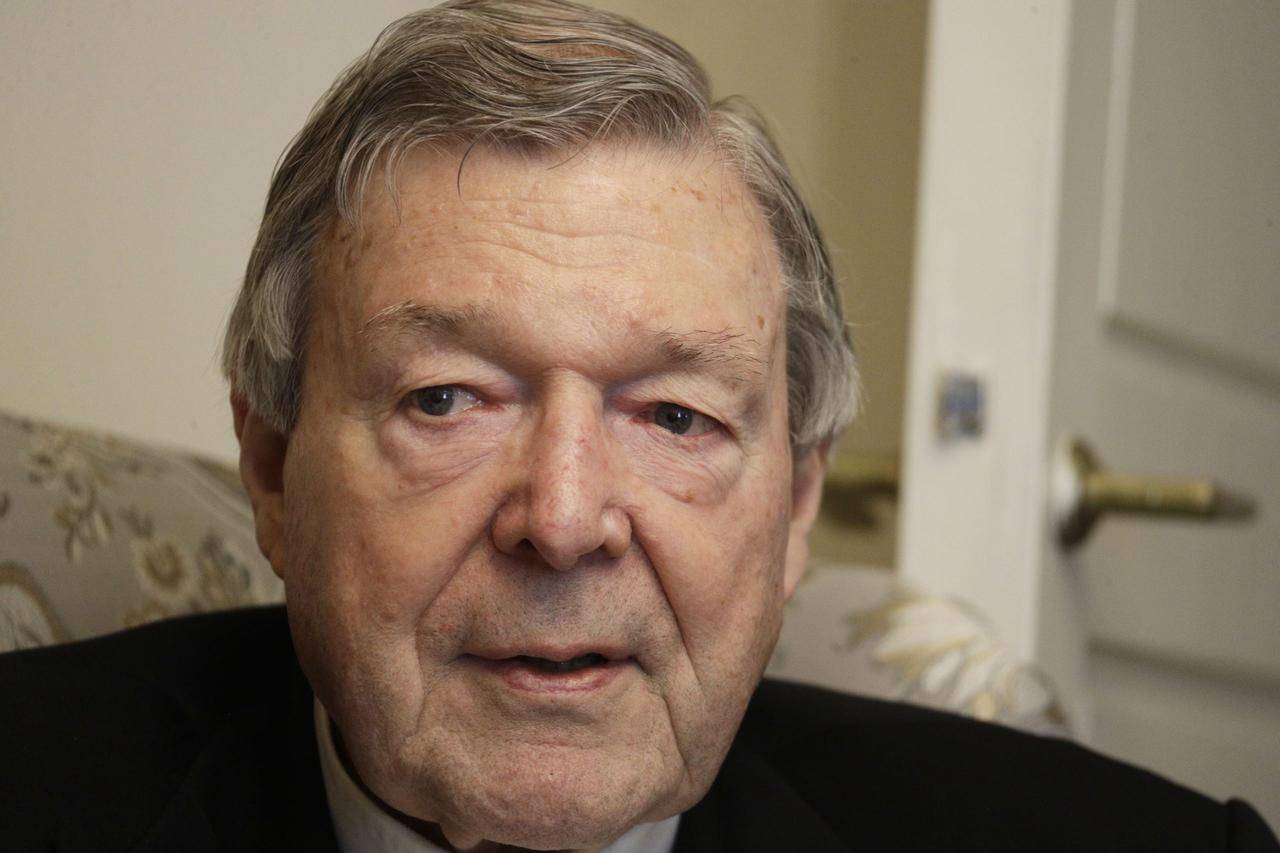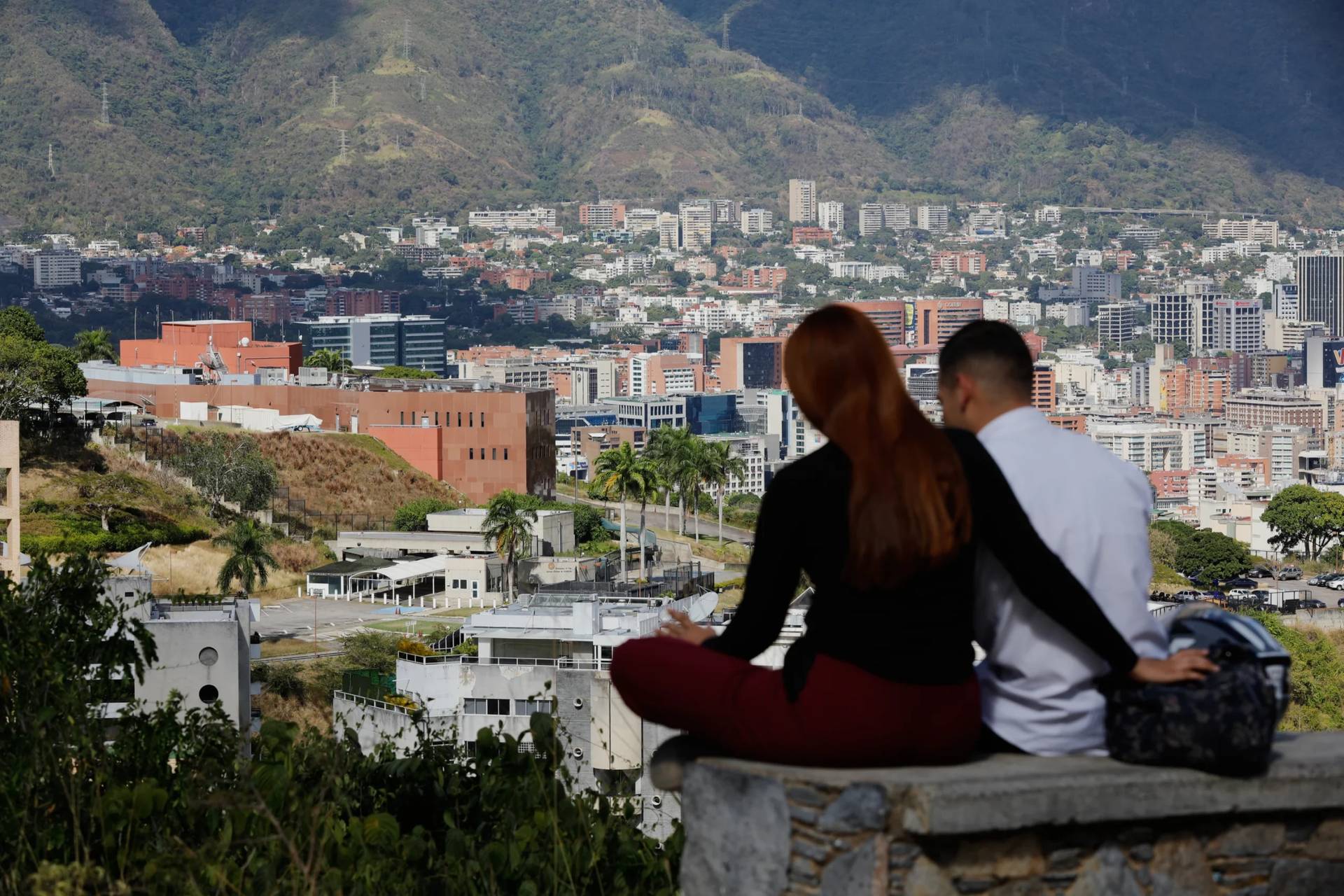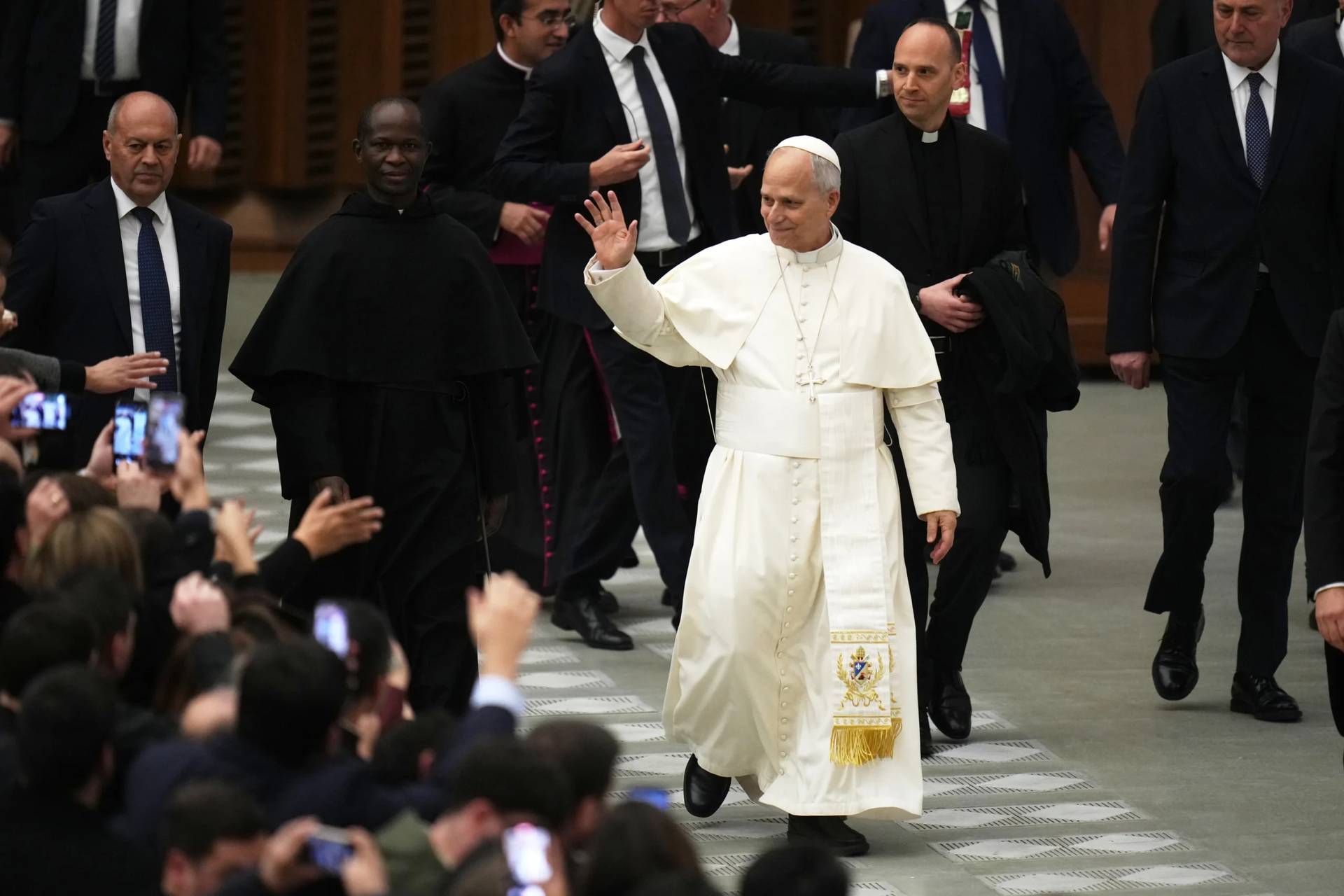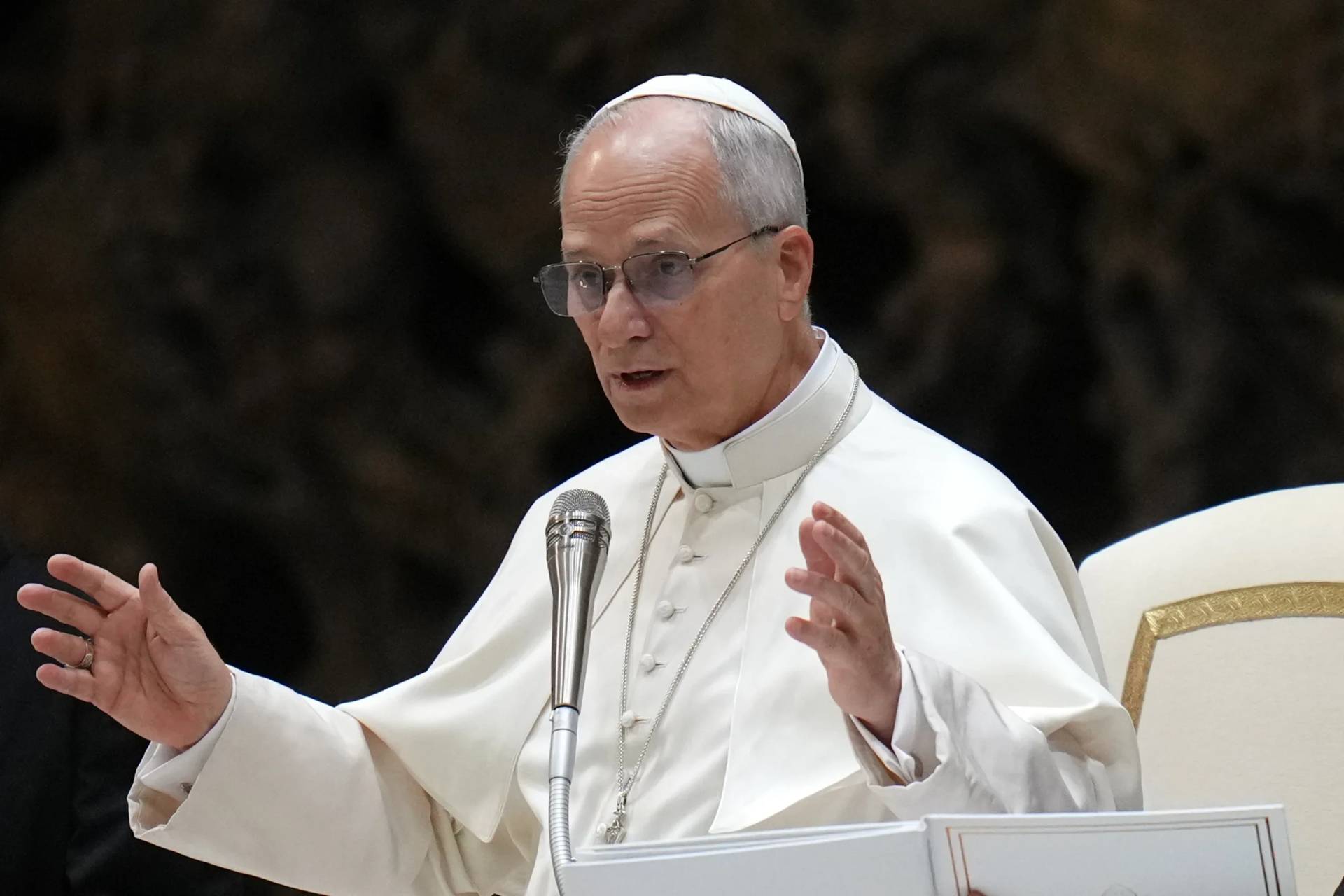This weekend, the United States celebrates its annual observance of Veteran’s Day. While often blurred with Memorial Day, in which the fallen are remembered, this holiday is a time to pause and honor all those among us who have served in the Armed Forces.
While contemporary political debates are waged over the use of the military, defense spending, and other aspects of the bombs and bullets of hard power, we can unintentionally overlook the actual military personnel in front of us.
As a society, we should not forget that those in the military are real people, with hopes and joys, a moral compass and a worldview. These are the men and women who are in “the service” and sincerely desire to give of themselves for a greater good. These are the hearts behind the culture and creativity of “soft power,” and they’re a force that should not be dismissed or underestimated.
It is the serviceman or woman who most seeks peace because they protect and cherish the common good. When necessary, it is a good worth fighting for, but the service member knows that such a good is always stained by any such conflict.
Pope Francis affirmed this truth in his homily at the American cemetery in Nettuno, outside Rome, on All Souls’ Day: “What comes to mind is that elderly woman who — looking at the ruins of Hiroshima, with wise but very painful resignation, with that mournful resignation that women are able to experience, because it is their charism — said: ‘Men do everything possible to declare and wage war, and in the end they destroy themselves’.”
It is the vocation of the soldier, therefore, to be both patriot and peacemaker.
This is the vocation the United States honors in its veterans. It’s one that can allow virtue to flourish in the service member and in society when it’s exercised well and within standards of goodness.
The Roman philosopher Cicero said it best when he described pietas in his writings. Translated as devotion or duty, the word symbolized one of the principal virtues praised by the ancient republic.
It was based on the goddess Pietas in their mythology, who was beloved and believed to be the divine presence that allowed people to know their place in life and to recognize the source of their blessings. It was Pietas that called citizens to revere their families, protect their republic, and worship their gods.
These were pressing duties since no citizen could ever properly reciprocate what he had received from family, country, and divinity. And so, since he could never pay back what he had been given, he was called to pay it forward. The citizen, therefore, was summoned to receive, cherish, and promote what was bestowed as a free gift and inheritance.
On a different occasion, Pope Francis makes the observation: “The virtuous link between generations is a guarantee of the future, and it is a guarantee of a very human story. A society of children who do not honor their parents is a society without honor, when you do not honor your parents you lose your honor! It is a society destined to fill itself with arid and greedy young.”
Contrary to such lifelessness and avarice, the service member is at his best when he is inspired by a sense of piety. When he (or she) picks up the mantle of previous generations, wishes to defend what is right and good, and honors their Creator with an open and trusting heart. This is the integral mission of the soldier, sailor, and airman.
This is the selfless and sentinel work that protects the common good and helps make it into something worth defending and for which we’re willing to die.
While not always lived out well or with attentive focus, it is nevertheless a solemn vocation given to those who are willing to wear the uniform, apply law, carry arms prudently, and die to themselves for the sake of others.
This is the solider at his best. It’s also the veteran, the one who embraced pietas and was willing to serve the common good. This is the service that now merits our respect and for which we give heartfelt appreciation. Happy Veteran’s Day!
















